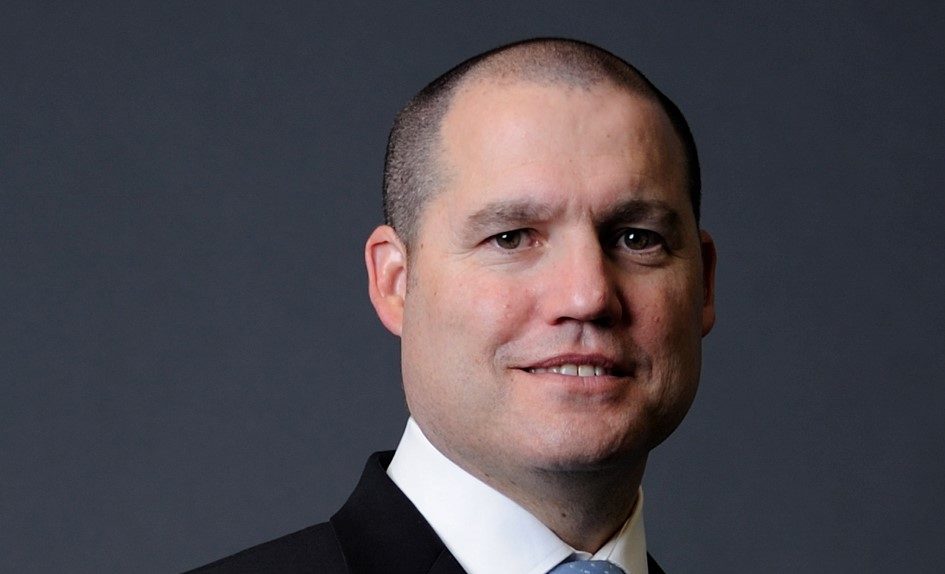Actually, the worst time to invest is when everything looks fantastic. When growth is strong, unemployment is low and everyone is getting on with each other the markets are already pricing this positive outlook in. Those markets are what we call priced for perfection. When we think it is not risky to invest it is often exactly the opposite. When things are going very well, we get over-confident.
Cast your mind back to 2007/2008. Everyone was talking about the Goldilocks Economy, how perfect things were. Everything was great, inflation was under control, money was flowing into the investment markets, everything seemed perfect. What we didn’t know was that the markets were priced for perfection. There were a lot of risks below the surface that people hadn’t understood and hadn’t priced in.
People were investing more when the stock markets were at record highs and had done very well for five, six, seven years. And then, in 2008, those risks became known and they weren’t priced into the markets. Those markets that were priced for perfection crashed by 50%. The rest is history.
That shows how hard it is to find the perfect time to invest. It is counter-intuitive: when you feel uncomfortable about committing to a long-term investment, it is probably the best time to invest because you are buying low, rather than high.
Most of us know the theory “buy low, sell high”, but emotionally we tend to do the opposite. We get more confident when prices are higher. We hear people say: “I am not confident to invest now. I want the stock market to do better, maybe rise by 20%.” What they are saying is: “I want to pay more for the same businesses as I think this is less risky”
You have to separate the price you pay from the value you get. You are buying the same businesses. You are buying into the same companies that have the same long-term prospects. It is better to buy them at low prices when people are pessimistic than when prices are high and everything is priced in for perfection.
You can’t control the price. What you can control is how much you invest, into what portfolio you invest, how that aligns with your time horizon, and the fees you pay.
If you are retiring in 10, 20 or 30 years’ time you need to invest for growth. You need the portfolio that is likely to give you the best returns over your time horizon. Even if you are retiring soon but are planning to invest in a Living Annuity your capital must last for decades. You will need protection from inflation. Again, you have to invest for growth.
Then you need to minimise costs. Fees are one thing you can control and one area where most South Africans are being ripped off every day of the week. It doesn’t matter if conditions are good, or bad, or people are feeling optimistic or pessimistic, costs are an important key to long-term investment success, and they are within your control.
It might not sound like much but paying even an additional 1% of your total savings pot in fees every year, compounded over the decades, has an enormous impact over the long term. It will make you significantly poorer!
It is much more important to get your costs right than wondering whether you should sit on the side-lines for another year or two. Invest steadily, through good times and bad, and keep fees down and you are going to make yourself much wealthier.
As Warren Buffet says, whether it is socks or stocks, it is better to buy at a discount. While it is counter-intuitive to say I am buying while the market is not so great, you are getting more value. You are buying more units in a portfolio when prices are low, with a reasonable expectation that over 10 or 20 years those units are going to become much more valuable as things improve. DM

Steven Nathan is the founder and chief executive of 10X Investments, the disruptive asset manager.

















 Become an Insider
Become an Insider